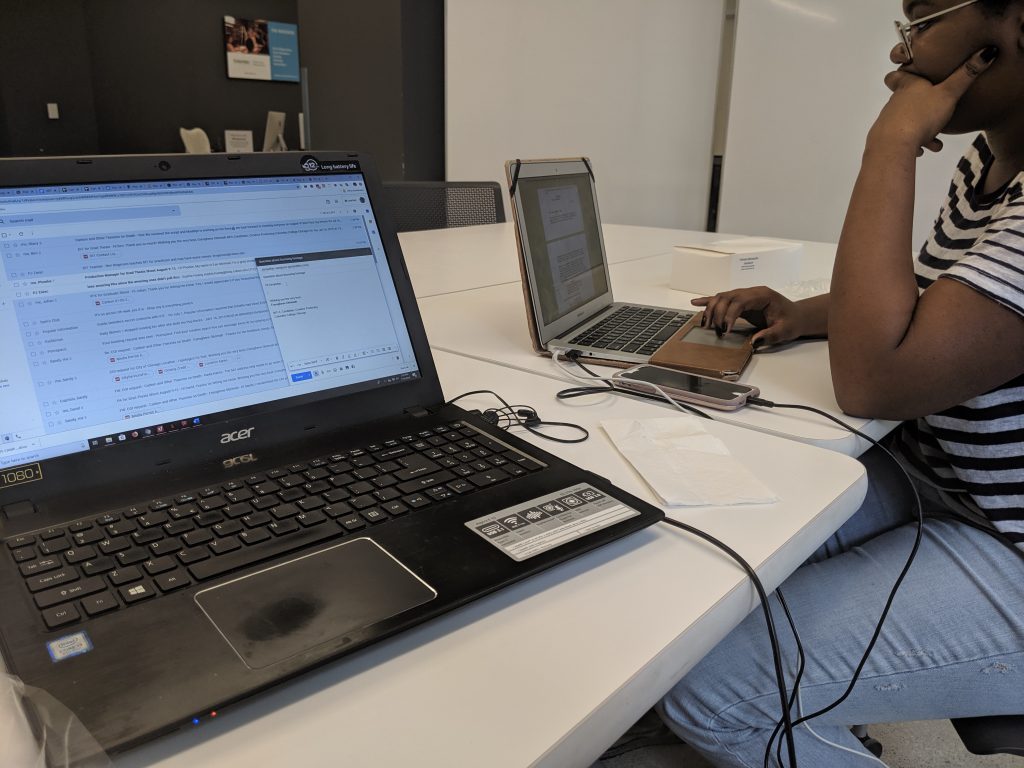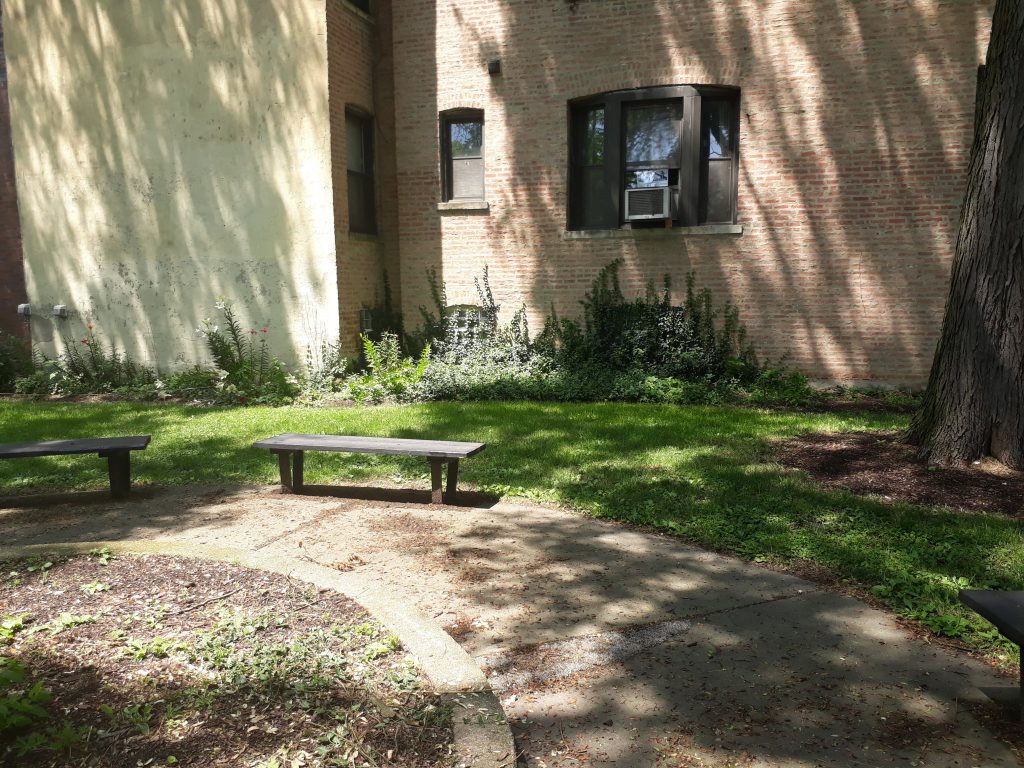
Everything is Creative
As a creative producer, getting to come up with ideas, develop stories and work on scripts is my heart and joy. I love it. Another big part of being a creative producer is logistics, which is often not as fun as scripts and stories. Most of the logistical work ultimately gets done by the line producer, production manager, and assistant directors, who are hired by and work with the producer to make sure the production happens as hitch-free as possible. A lot of the time, those jobs are considered non-creative, but I beg to disagree. There is creativity involved in logistics, especially with low-budget filmmaking.

A line producer decides how to distribute a film’s budget: how much to spend on cameras, production design, costumes. Who gets more or less, and why, are things a line producer must consider, and to do that they have to have an understanding of the creative elements at play. On a low-budget film, they also work with the producer to brainstorm what they can get for free or for cheap. They find locations that don’t exactly match what’s in the script, but are less expensive and good enough to be finessed into passing for what the story needs. For the thesis I’m producing, we were having a really hard time finding a backyard to shoot a few scenes in. One afternoon, I walked past a park in my neighborhood and, long story short, we have a location now.

While the brunt of the line producer and production manager’s work gets done in pre-production, the first assistant director (and second assistant director, if there is one) take the reins during the shoot. They create the schedule, they call roll, they communicate with most, if not all, of the crew. Who run the set? 1st ADs. Their job also requires a lot of logistics in terms of creating the shooting schedule, but it still comes down to creativity. Understanding the amount of time the cinematographer will need to light a shot takes creativity and experience. Knowing which shots the director can afford to cut when we’re running out of time takes creativity. Getting a working quiet on set sometimes takes creativity.
I find it really helpful to remember all that. When I get caught up in the seemingly mathematical work that comes with budgets, schedules, logistics, and what not, I remember that it is still creative work, integral to the making of a film. That makes it a lot more fulfilling. It may not be the excitement of the first beat sheet or the final script draft, but it is still exciting, and still creative.
